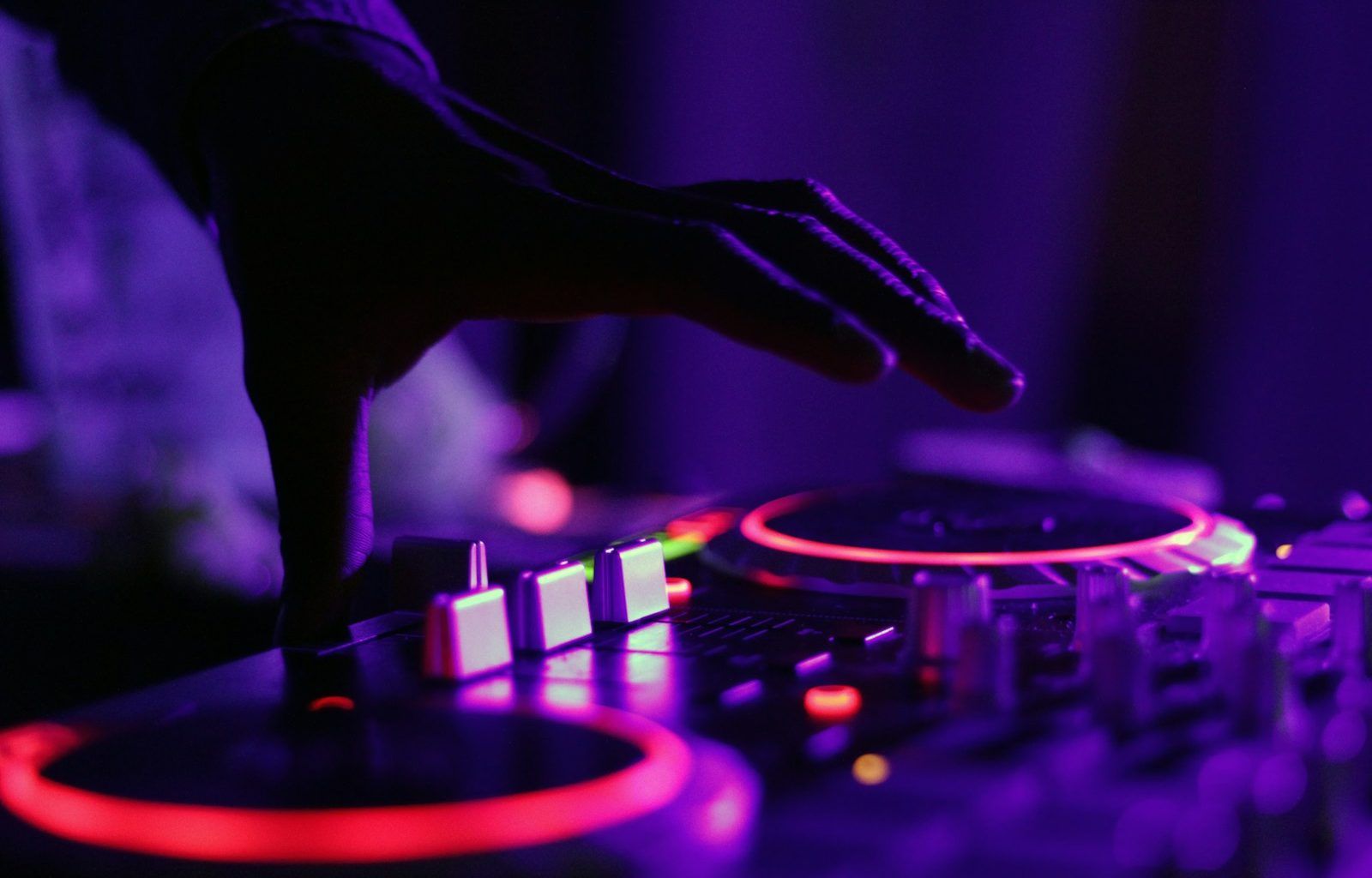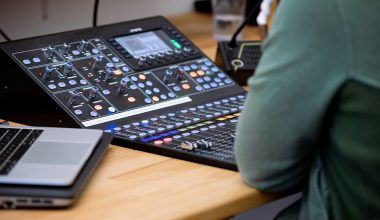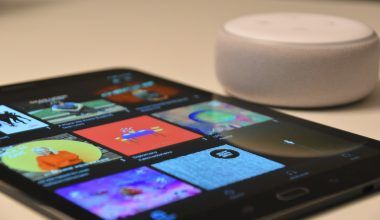If you’re diving into the world of music, you’ve probably heard the term “EP” thrown around quite a bit. But what does ep mean in the music industry? Don’t worry if you’re confused—it’s a common question for newcomers and even some long-time music fans. EP stands for “Extended Play,” and it’s a term used to describe a specific type of music release. Unlike a full album, an EP usually contains fewer tracks, but it offers more content than a single. Let’s break it down further so you can fully understand this fascinating concept.
A Quick History of EPs
To understand the meaning of an EP, it helps to look at its history. The concept of an EP dates back to the early days of vinyl records. Back then, records were categorized into singles, EPs, and LPs (Long Plays). Singles typically had one or two tracks, while LPs were full albums with multiple songs. EPs fit somewhere in the middle, offering a collection of three to five tracks on average. This format allowed artists to share more music without committing to the time and resources required for a full album.
Over time, the definition of an EP has evolved. Today, EPs are used in various formats—vinyl, CDs, and even digital streaming platforms. They’ve become a versatile way for artists to connect with their audience and showcase their work.
Why Do Artists Release EPs?
You might wonder, why not just release a single or go all out with a full album? The answer lies in the unique benefits of an EP. Here are a few reasons why artists love this format:
- Testing New Sounds: An EP is an excellent way for artists to experiment with new styles or genres. It’s less risky than a full album and allows them to gauge audience reactions.
- Staying Relevant: In today’s fast-paced music industry, staying in the spotlight is crucial. Releasing an EP between albums keeps fans engaged and ensures the artist stays on their radar.
- Budget-Friendly: Producing a full album can be expensive and time-consuming. An EP offers a more affordable option for independent artists or those working with smaller budgets.
- Storytelling: Sometimes, artists have a theme or story they want to explore, but it’s not enough to fill an entire album. An EP provides the perfect medium to convey their message.
What Sets an EP Apart from Other Formats?
It’s easy to confuse an EP with a single or an album, but they’re distinct in their own right. Here’s a quick comparison:
- Single: Typically one song, sometimes accompanied by a B-side.
- EP: A collection of three to six tracks, often lasting 15-30 minutes.
- Album: Usually 8-12 tracks or more, with a runtime of 30-80 minutes.
The shorter length of an EP makes it more digestible for listeners. Plus, the format often encourages artists to focus on quality over quantity, resulting in standout tracks that leave a lasting impression.
How EPs Benefit Listeners
EPs aren’t just great for artists—they’re fantastic for listeners too. Imagine discovering a new artist. A full album might feel like a big commitment, but an EP offers the perfect introduction. You get to sample their style without feeling overwhelmed. Plus, EPs often include tracks that showcase an artist’s range, making them an exciting listening experience.
For long-time fans, an EP can be a treat. It’s like getting a mini-album that holds you over until the next big release. Whether you’re streaming on Spotify or flipping through vinyl records, EPs are a delightful addition to any music collection.
Famous EPs That Made an Impact
Many legendary artists have used EPs to make their mark. For example, The Beatles released several EPs early in their career, helping them gain popularity before their iconic albums. In more recent years, artists like Billie Eilish, The Weeknd, and Halsey have dropped EPs that skyrocketed their careers. These releases often include songs that become fan favorites and chart-topping hits.
How to Create and Promote an EP
Are you an aspiring musician thinking about releasing an EP? Here are some steps to guide you:
- Plan Your Tracks: Decide on a theme or vibe for your EP. Choose 3-6 songs that complement each other.
- Record Your Music: Focus on producing high-quality tracks. Remember, an EP is often seen as a showcase of your best work.
- Design Artwork: Your EP’s cover art should grab attention and reflect the music’s vibe.
- Distribute Your Music: Use platforms like Spotify, Apple Music, and Bandcamp to reach your audience.
- Promote Your Release: Share your EP on social media, collaborate with influencers, and consider hosting a release party.
The Future of EPs
As the music industry evolves, so does the role of EPs. In the age of streaming, shorter formats are becoming increasingly popular. Many listeners prefer bite-sized content they can enjoy on the go. This trend bodes well for EPs, which offer a perfect balance of quality and quantity.
For artists, EPs are a creative playground. They provide the freedom to experiment, connect with fans, and leave a lasting impression. Whether you’re a seasoned musician or just starting out, the EP format is here to stay.
Final Thoughts
So, what does EP mean in the music industry? It’s much more than a simple acronym. An EP is a bridge between singles and albums, a versatile format that benefits both artists and listeners. It’s a chance to explore new sounds, share stories, and connect with the world through music. Whether you’re discovering EPs for the first time or considering creating one yourself, this format offers endless possibilities. what does ep mean in the music industry The next time you come across an EP, take a moment to appreciate the creativity and effort behind it. Who knows? It might just become your new favorite release.
For further reading, explore these related articles:
- Taylor Swift Spotify Streams: How She Became the Queen of Streaming
- Mo Bamba Lyrics: The Story of a Song That Took the World by Storm
For additional resources on music marketing and distribution, visit DMT Records Pvt. Ltd..






